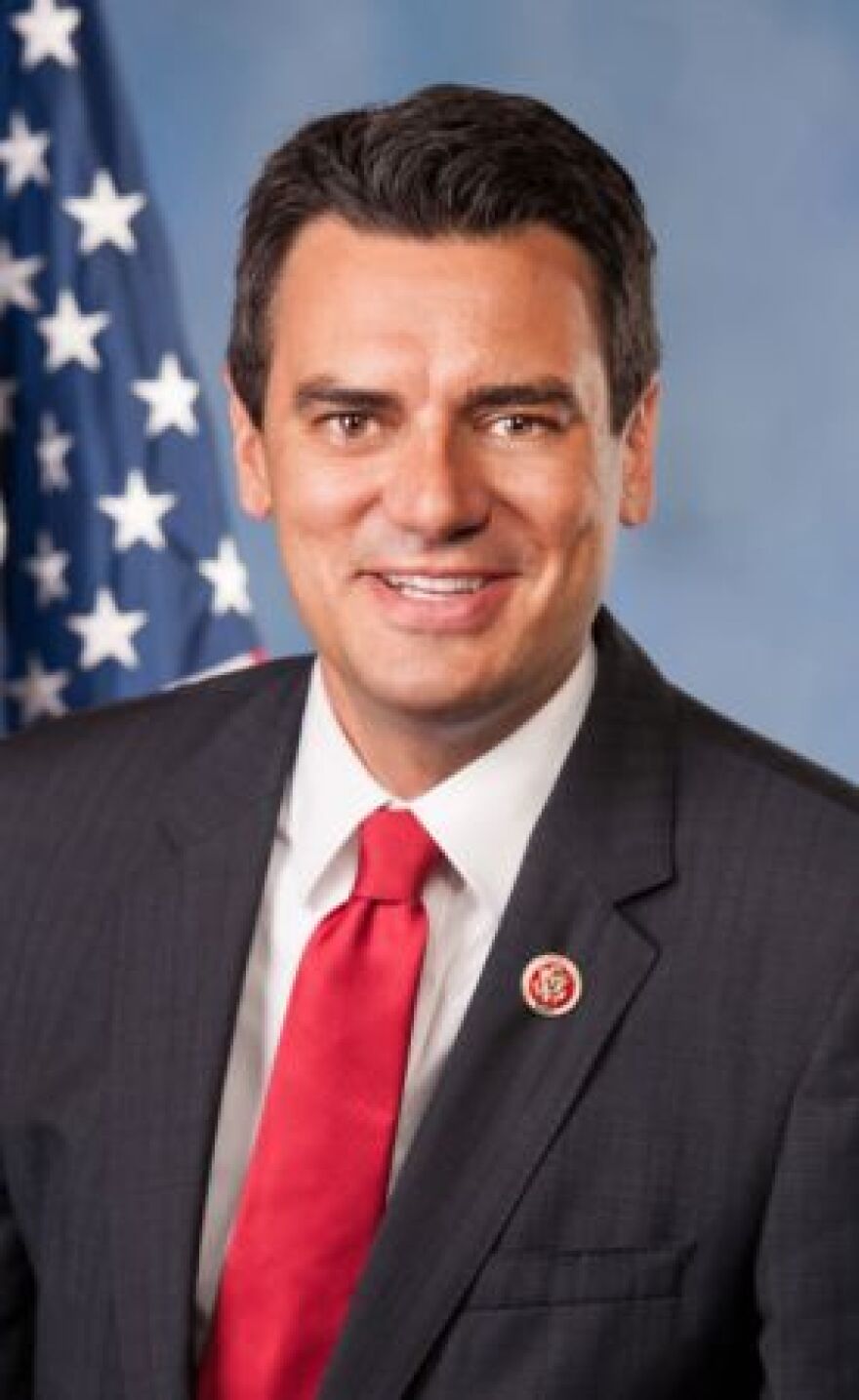The U.S. Senate is expected to vote early next week on a major medical research and mental health bill that two members of the Kansas congressional delegation played a role in.
The 21st Century Cures Act passed the U.S. House of Representatives 392-26 Wednesday night. It includes more research funding for agencies like the National Institutes of Health — a longtime priority for U.S. Rep. Kevin Yoder — and provisions that were added at the request of U.S. Rep. Lynn Jenkins.
“It will help the 40 million Americans who deal with a mental illness each year through inclusion of my Mental Health First Aid Act,” says Jenkins, a Republican from Topeka.
That part of the bill provides $15 million in federal grants each year until 2022 to train police officers and other first responders in dealing with people in mental health crisis.
Crisis intervention team training is widely regarded as a boon to law enforcement and used voluntarily by many police departments, but only a few states require it in part because of its cost.
U.S. Rep. Tim Murphy, a Republican from Pennsylvania and the only psychologist in Congress, helped write other parts of the Cures Act that deal with with mental health reform.
Provisions of Murphy’s original proposal that had concerned groups like the Kansas Disability Rights Center were stripped before it passed the House in July.
If signed into law, the Cures Act will create a new sub-Cabinet position, the assistant secretary of mental health and substance use, to organize U.S. Department of Health and Human Services efforts to treat mental illness and drug abuse.
Jenkins’ other contributions to the Cures Act include provisions to:
- Prevent Medicare contractors from enforcing rules regarding direct physician supervision of outpatient services at small rural hospitals.
- Allow physician assistants and certified nurse practitioners to perform primary care that counts toward a “savings score” assigned to accountable care organizations by the federal Centers for Medicare and Medicaid Services.
Jenkins says the latter provision was added “so that rural practices can join an ACO, share in the bonus payments and keep their lights on to serve more people.”
Additional research funding
In addition to the high-profile mental health changes, the Cures Act boosted funding for biomedical research, including almost $2 billion for the “cancer moonshot” initiative led by Vice President Joe Biden.

Democrats had expressed concern that the increase in funding for NIH was reduced from a proposed $8.75 billion over five years to $4.8 billion and that the spending must be reauthorized every year. But Yoder, in an editorial published by Fox News, called it another important step in a bipartisan push for medical innovation.
“Last year, I was one of the leaders in an effort to secure the largest funding increase at the National Institutes of Health since 2003,” Yoder says. “We convinced even the most ardent fiscal conservatives to spend more money on research because the investment saves lives and pays for itself. And it’s necessary — the private sector can’t fund research of this magnitude.”
Other measures in the bill that would speed the U.S. Food and Drug Administration’s approval process for new drugs and devices proved more controversial than the funding.
Patients with severe illnesses advocated for those measures as a way to access possibly life-saving treatments that currently stay in the FDA pipeline for 10 years or more.
But consumer protection groups say the changes would put patients at risk by weakening clinical trial requirements that are considered the scientific gold standard for proving that new drugs and devices are safe and effective.
Kansas votes
Concerns over those provisions led six Democrats to join 20 of the House’s most fiscally conservative Republicans in voting against the bill.
U.S. Rep. Tim Huelskamp, a Republican from Fowler, was one of the conservatives who voted against the bill in one of his last major votes as a congressman after losing his bid for re-election in the August primary.
U.S. Rep. Mike Pompeo, a Republican from Wichita who represents Kansas’ 4th Congressional District, joined Yoder and Jenkins in voting for the bill.
The Cures Act spurred a frenzy of lobbying by more than 1,400 people working on behalf of 400 companies, colleges and organizations — many of whom stand to benefit financially from the increased research funding, the less rigorous FDA approval process or both.
Some of the Senate’s most liberal members, like Sen. Elizabeth Warren of Massachusetts and Sen. Bernie Sanders of Vermont, have cast it as a sop to industry and vowed to oppose it.
But the bill has President Barack Obama’s support and is still expected to pass.
Andy Marso is a reporter for KHI News Service in Topeka, a partner in the Heartland Health Monitor team. You can reach him on Twitter @andymarso







